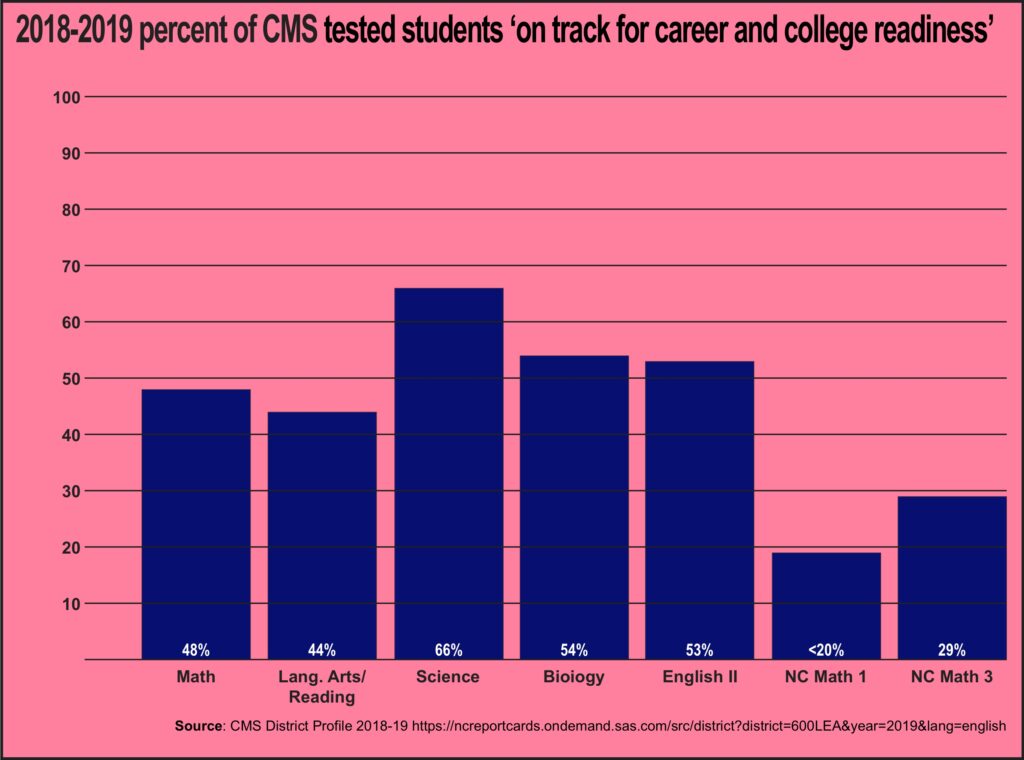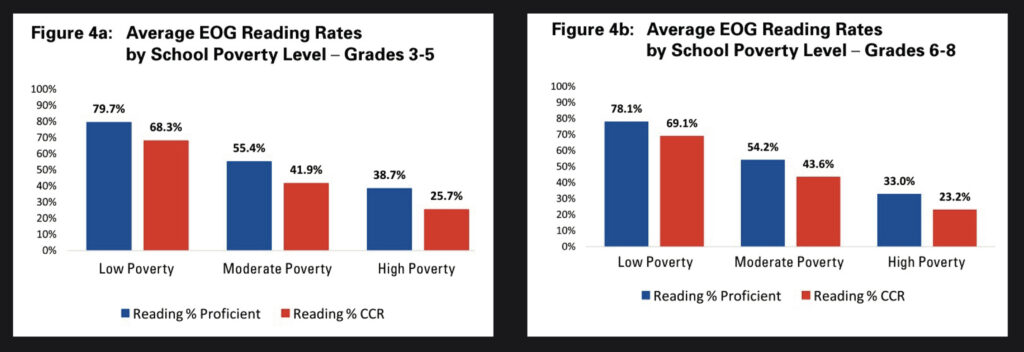– Aug. 14, 2020 with Nancy Brachey’s “Guide to Piedmont Gardening” (2001)
– Aug. 14, 2020 with Nancy Brachey’s “Guide to Piedmont Gardening” (2001)
– Aug. 13, 2020 with Richard E. Neustadt’s “Presidential Power” (1960)
– Aug. 12, 2020 with Gyasi A. Foluke’s “The Real-Holocaust: A Wholistic Analysis of the African American Experience, 1441-1994 (2007)
– Aug. 11, 2020 with Leo Tolstoy’s “War and Peace” (1869)
– Aug. 10, 2020 with Tara Westover’s “Educated” (2018)
Aug. 3, 2020
Lew Powell, a longtime Charlotte resident, is a retired journalist. During his retirement he has focused on two North Carolina cases that for him raised fundamental issues on the administration of justice.
The first was the Little Rascals Day Care case from Edenton. More recently he has focused on the plight of Junior Chandler, who after 25 years remains jailed in a Madison County case, which also involved allegations of abuse of children. Powell writes about those cases and others on his website and on Facebook.
In this session, Powell discusses those cases, the search for Covid-free educational opportunities for all children, and his big head.

Feb. 22, 2020
Our thanks to Ann Doss Helms at WFAE for laying out another CMS misstep for all to see. Her reporting is here.
The incident involves asking CMS students from 6th-12th grade about their sexual orientation and gender identity. The questions were inserted in a survey that children could take only after logging into a computer, which would allow CMS or hackers to link the responses back to individuals.
In explaining the survey procedure, CMS Chief Equity Officer Frank Barnes told Helms Friday that if students felt that it was mandatory that they answer the questions, then there was miscommunication between the creators of the survey and the school-based taking of the survey. Okay.
And it appears at first blush that neither parents nor teachers were advised in advance about the new questions inserted into a survey used for some years. By Saturday night, Supt. Earnest Winston had pulled the questions and promised on Facebook to erase the data.
I have deep concern for the individual students bullied or simply destabilized after the fact by this invasion of privacy. Those wounds will be short- or long-term, and most will remain private.
For the public, the issue is the health of the silo in which perfectly smart folk like Barnes pursue stupid things. Most of what I read about silos assumes that culture change begins at the top because, as in this incident, most folks at the bottom – and in this case that even includes school board members – don’t know what’s happening until the damage is under way. Stop it at the top, experts proclaim.
I’m not comfortable that that’s the right answer in this case, because Barnes is as close to the top of CMS as any of the details of such an action are liable to rise – except after the fact when damage has already been done and blame needs to be placed.
Perhaps the best preventive for such incidents is not a procedure or a process or chain of command or even a window through which the public can constantly monitor internal CMS decision-making.
What if the leadership spent less of their time in the silo and more of their time among real people, and talked more about what they were considering doing and more time listening to real people’s reactions?

Feb. 17, 2020
It’s Presidents’ Day. Odds are that none of the students in CMS schools today will ever serve as President.
But every one of our children should be ready to take their chosen place in adulthood.
How are we doing on that goal?
Setting aside all of the wrangling over tests and what is tested and how, the current batch of North Carolina tests have a standard of achievement for children who are “on track for career and college readiness.” Truth to tell, it’s not an exceptionally ambitious standard. But it is a standard.
In the state tests completed last spring, in half of the subjects and grades tested, fewer than half the children meet the standard. In the other half, barely more than half of the students meet the standard.
The Opportunity Task Force report from 2017 is still arguing for systemic changes that have no owner. The CMS “Breaking the Link” documents from 2017 and 2018 are still laying out just how urgent it is that the community ensure that every child achieve.
Is there a piece of this work that you could take ownership of?
Sept. 9, 2019
As a young man, I was asked to sign a letter against the Vietnam War. It did little good.
Now I am asked to sign a letter against racism. It too will do little good.
The only things in this old white man’s life that may have done any good were brewing the coffee for a black community group every week for the last 17 years, and becoming not a visitor but a member of an historically African American church.
That is, crossing the lines that divide us, and crossing them and crossing them and crossing them and crossing them until, one fine day, they fall away and we all live as one.

April 11, 2018
CMS Supt. Clayton Wilcox directed his staff to prepare a report analyzing all the data available on how school achievement and poverty are intertwined. The community has been tracking this link for decades, but the gaps remain. The issue took on some additional urgency when a 2013 Harvard study ranked the city 50th among 50 big cities studied on the issue of economic mobility. More on the CMS effort is on their website.
CMS prepared data reports in 2018 and 2019. They are available in both English and Spanish.
(In July 2019, Wilcox left CMS and by August 2019 had been permanently replaced by Earnest Winston. As of Feb. 16, 2020 no new “Breaking the Link” studies had been released.)